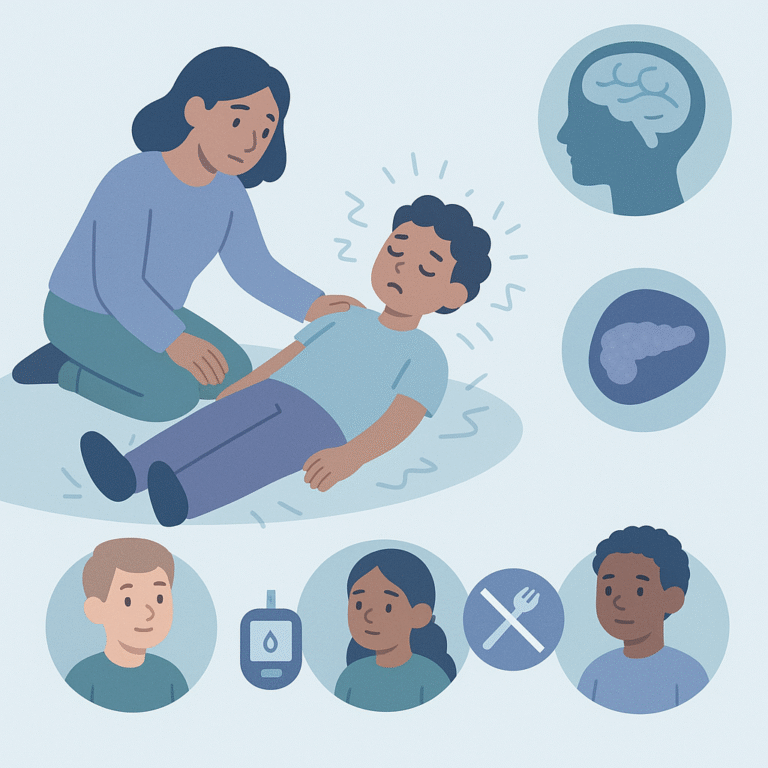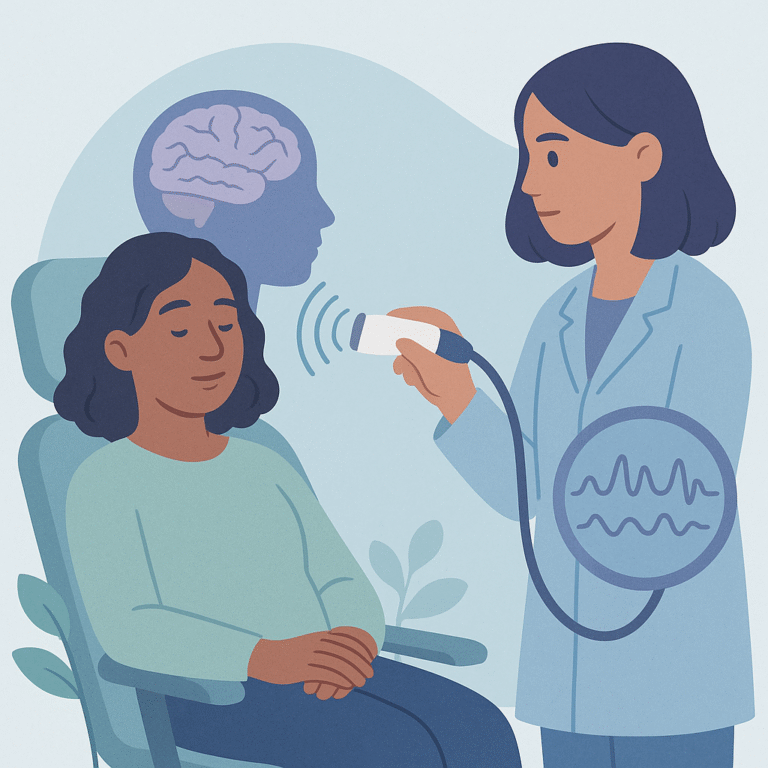Surgery Improves Motor Function in Children with Epilepsy
Summary
Researchers studied the effects of surgery on children with peri-Rolandic epilepsy, a type of epilepsy that affects a specific area of the brain responsible for motor functions. The study involved 152 children who underwent surgery at a single medical center. The goal was to understand how surgery impacted their seizure control and motor skills.
The main finding of the study was that many children experienced a significant reduction in seizures after surgery, with about 70% becoming seizure-free or having fewer seizures. Additionally, improvements in motor function were observed in some children, suggesting that surgery not only helped with seizures but also positively affected their ability to move and control their muscles.
This research is important because it provides insight into how surgical treatment can benefit children with this specific type of epilepsy. However, it is essential to note that the study was conducted at one center and involved a specific group of patients, which means the results may not apply to all children with epilepsy. More research is needed to confirm these findings and understand the long-term effects of surgery.
Related reading
- Correction Made to Figure in Migraine Treatment Study
- Genetic Mutations Linked to Drug Resistance in Pediatric Epilepsy
- Smartphone Tools Help Diagnose Epileptic Seizures
- Correction on USP25 Variants and Genetic Epilepsy
- Understanding Cognitive Challenges in Children with Epilepsy Surgery
- Secure Video Sharing Tool Helps Diagnose Pediatric Epilepsy
Free: Seizure First Aid Quick Guide (PDF)
Plus one plain-language weekly digest of new epilepsy research.
Unsubscribe anytime. No medical advice.





